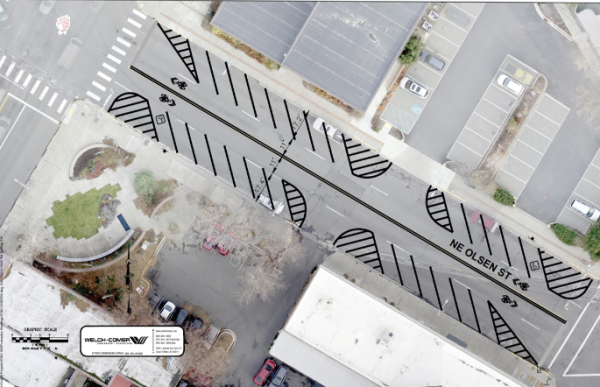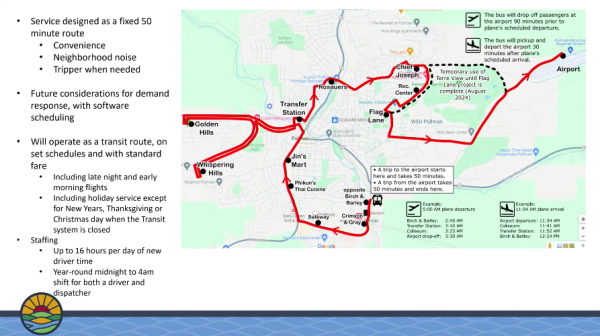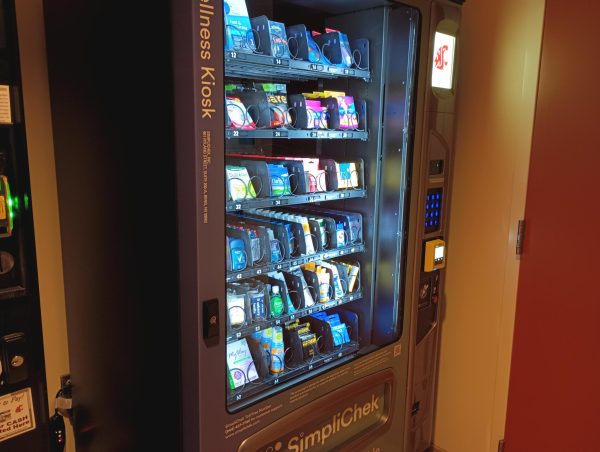Residents warned of spoofing calls
Washington State Patrol phone number appears in fraudulent scam
January 14, 2020
Washington State Patrol (WSP) issued a press release last month warning residents to ignore phone calls from a spoofed WSP number.
Greg Umbright, a Pullman Police Department (PPD) detective sergeant, said spoofing is a term used to describe when the phone number on caller ID imitates another number such as PPD or WSP’s number.
Chris Loftis, WSP director of communications, said spoofing is also known as number highjacking.
WSP first heard about the spoofing Dec. 9, Loftis said. Other law enforcement officers, state agencies and government buildings were also getting these calls, he said.
The decision on who to call seems random, Loftis said.
The call is a recorded message of about 17 seconds, Loftis said. It is a fraudulent call, he said.
The call depicts a voice of a person with a British accent saying that there have been three small explosive devices planted in a nearby area, Loftis said. The person then says a website address which is used to gather bank information, he said.
“Someone is taking advantage of others through fear … that is a remarkably threatening thing to say,” Loftis said. “We take it very seriously.”
Residents should not answer the call and if they do, they should not give out any personal information, he said.
Residents are warned not to log on or click on the fraudulent website, he said. The website can be a source of malware and viruses, he said.
The person who spoofed WSP’s number is someone who is trying to steal money and the way they are doing so is by stealing the WSP’s credibility and reputation, Loftis said.
Umbright said anybody can be targeted by spoofing.
“It is literally tens of millions of scam calls every single day,” Loftis said.
People who are the most vulnerable to scams include senior citizens, people with disabilities and others who might not recognize scams, he said. It is a very frightening thing to receive, he said.
Umbright said victims of scams can get upset about the situation which can lead to them not thinking clearly. Scammers will rush their victims because the scammers do not want them to slow down and think that it might be a scam, he said.
Verify the source by slowing down and taking time thinking about it, Umbright said.
Loftis said investigators are doing all they can to find the scammer.
“We want to make sure that the people who would use threats as a way to coerce money out of others [realize] that it is not appropriate and it is not going to work,” he said.
There are a number of things that someone could be charged with depending on the circumstances, Loftis said.
Scammers can be charged with fraud, theft or attempted theft, Umbright said.
Any residents who receive calls from a possibly spoofed number and are threatened should call 911 right away, he said.






















